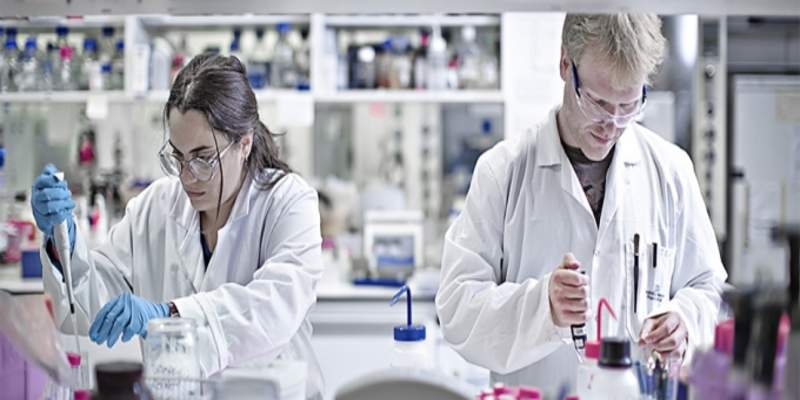
Merck has entered a multi-project collaboration and licensing deal with Cancer Research UK and the Institute of Cancer Research, London (ICR) for the discovery and development of new drugs to treat cancer.
The entities will collaborate on three different research projects. The scope of the R&D alliance ranges from target hit discovery to nomination of candidates for preclinical development.

Discover B2B Marketing That Performs
Combine business intelligence and editorial excellence to reach engaged professionals across 36 leading media platforms.
As per the licensing deal, Merck will hold worldwide rights to advance the discovered molecules into clinical development.
In return, Cancer Research UK and the ICR will receive payments based on the research and development, regulatory and sales milestones, along with royalty payments on net sales of products discovered or developed in the future.
Cancer Research UK research and innovation executive director Dr Iain Foulkes said: “This collaboration with Merck and one of Cancer Research UK’s major drug discovery units will help accelerate the development of potential new therapies for cancer patients.
“This latest deal demonstrates Cancer Research UK’s commitment to exploiting the huge number of translational possibilities that arise from our extensive network of world-leading research scientists and clinicians.”

US Tariffs are shifting - will you react or anticipate?
Don’t let policy changes catch you off guard. Stay proactive with real-time data and expert analysis.
By GlobalDataThe latest partnership follows prior single project drug discovery alliances and target validation collaboration between Merck and Cancer Research UK’s Cancer Therapeutics Unit at the ICR.
Cancer Therapeutics Unit director Raj Chopra said: “We hope that through the diverse projects in this collaboration, we can identify molecules that are effective against a number of different tumour types. Together we can create innovative new treatments for the benefit of patients.”




